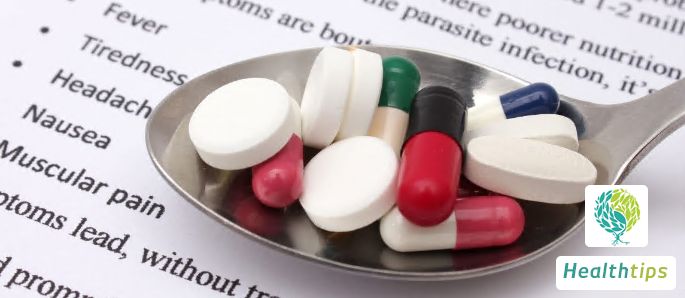What Foods Are Suitable for Acute Gastroenteritis?
Acute gastroenteritis is a common disease that poses significant harm to the human body. Patients are advised to promptly cooperate with doctors in targeted treatments while paying attention to their diet in daily life. They should avoid consuming foods with high fiber content and spicy foods like chili peppers. Instead, patients with acute gastroenteritis can moderately increase their intake of foods rich in vitamin C, carotenoids, and anthocyanins. There are many other suitable foods for acute gastroenteritis patients.

What should acute gastroenteritis patients eat? Firstly, it is important to drink plenty of water, preferably salted water, to prevent dehydration or treat mild dehydration. The general principle is to consume nutritious, easy-to-digest, and low-fat foods. In cases of acute diarrhea accompanied by vomiting, such as acute gastroenteritis, patients should fast for a day. Those with mild symptoms can gradually transition to a normal diet by eating liquid and semi-liquid foods like rice soup, porridge, and noodles.
Secondly, daily care involves paying attention to food hygiene. It is crucial to wash hands before eating and after using the toilet, bring own utensils when dining out or use disposable cutlery, reheat leftover food thoroughly before consumption, keep raw and cooked foods separate on cutting boards to prevent cross-contamination, avoid eating raw, cold, or indigestible foods, spicy foods like chili peppers and garlic, rotten or spoiled food, sick livestock or poultry, and unboiled water. Meals should be thoroughly cooked, especially seafood and meat.
Maintaining warmth and engaging in appropriate exercise can also help boost immunity. Thirdly, other considerations include strengthening exercise and staying warm, especially during the severe weather changes in summer and autumn. It is essential to adjust clothing appropriately and cover oneself well while resting. Regular physical exercise can improve the body's immunity.
Fourthly, prevention measures include vaccination, enhancing food hygiene, improving environmental hygiene, strengthening personal hygiene, and administering probiotics to children to regulate intestinal flora balance and prevent acute gastroenteritis. Vaccines can be routinely administered to infants and young children to prevent rotavirus infections. Correct cooking and storage of food, avoidance of suspicious food and water, strict supervision of catering hygiene and monitoring of water quality by relevant departments, and handwashing before eating and after using the toilet are all crucial in preventing acute gastroenteritis.



















